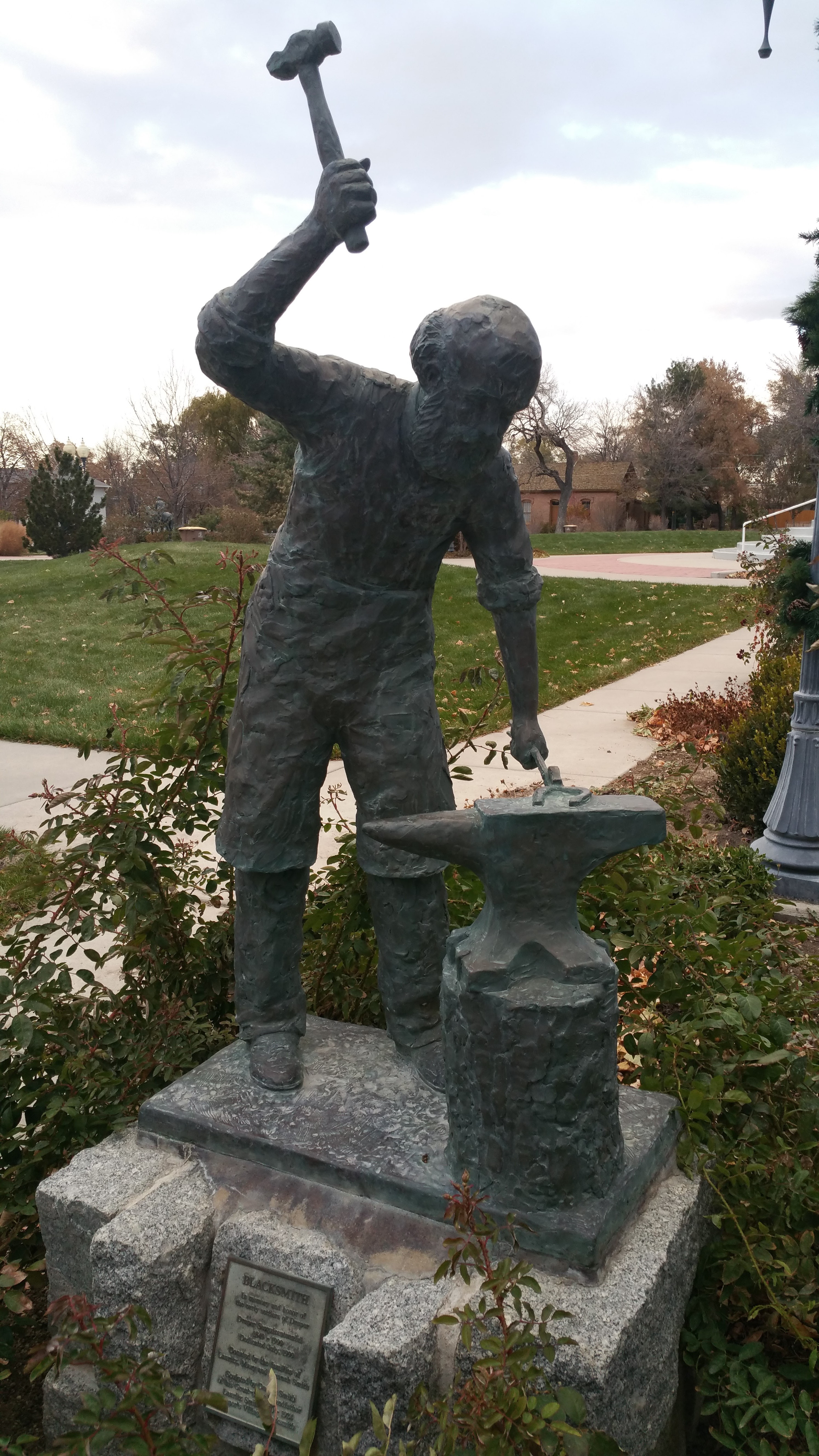
In short, a Utah real estate agent hired by the seller or vendor owes to others, including the buyer, a duty to be “honest, ethical, and competent and is answerable at law for his or her statutory duty to the public.” See NetDictation, LLC v. Rice, 2019 UT App 192. Let’s take a look at a few examples of how this plays out for Utah buyers and sellers of real property or businesses.
Utah Real Estate Agent’s Disclosure Duty
Ok. First of all, if you are the buyer of Utah real property or a Utah business, you really should be doing some serious ‘due diligence’ or investigation of the property or business you are looking to buy. That said, the seller’s agent (for real estate or a business) owes a duty to “disclose facts materially affecting the value or the desirability of the property that were known to him.” See Hermanson v. Tasulis, 2002 UT 52. This duty does not mean that the agent owes you a fiduciary duty (this is the kind of higher duty reserved for your agent and includes things like the duty of loyalty). This disclosure duty also does not mean that the seller’s agent has to go out of her way to inspect or investigate the property or business– it simply means that if they know about a problem, they are under an obligation to disclose it.
For example, in the Hermanson case, the Hermansons were buyers looking at Utah real property for which Tasulis was the seller’s agent. Tasulis knew that the real property was not suitable for residential construction due to soil problems but failed to tell the Hermansons about it. Tasulis breached her duty that she owed to the Hermansons (and anyone else interested in buying the property).
Another example comes from the Shafir v. Harrigan case. There, the Utah real estate agent was unaware of hidden defects in real property. No knowledge, no liability. Knowledge of the defect is key. “The real estate agent’s duty to be honest and truthful would likely include an obligation to disclose to potential buyers any latent or significant patent defects of which the agent is aware.” If the agent has no knowledge, the agent has no duty to disclose.
The disclosure duty is essentially a logical and moral extension to the Utah agent’s duty to the public (meaning everyone they deal with) to be honest and ethical.
The next part of the Utah real estate agent’s duty is “competent.” I have not seen this litigated yet but I can imagine how it might play out: if the agent asks no questions about a business or property that the agent is selling, can he be considered competent? Not to get too technical, but this sounds like an issue for an expert. What would an “expert” real estate or business agent in the same community (Utah) do? If the answer is that the expert would ask questions and do some limited investigation of the property or business, then that’s what is required. The only thing that courts seem to agree on is that agents are not required to do your due diligence for you. The Utah agent does not need to run diagnostic tests, hire experts, or perform their own independent investigation. They can generally rely on the representations of the seller, within reason. One last caveat: if what the seller is telling the agent is not credible, then the agent likely cannot rely on it without doing some verification.
Here’s the part you’ve been waiting for. Call me. You have questions about your case involving a Utah real estate agent or Utah agent representing a business in a sale. Your facts are unique. Call me and we can talk about whether you have a claim. On the flip-side, if you are an agent that needs representation, call your malpractice carrier and tell them to call me– then we’ll talk (no sense paying me out of your pocket when your insurance does it as part of your coverage). The above discussion probably raises as many questions as it answers. You likely have more questions than this post or the other information on this website can provide. I regularly represent Utah individuals, businesses, and business-persons in a variety of contexts. You cannot make a good decision if you do not get competent advice from a qualified, experienced attorney. You need to protect yourself and your interests. You do this by pursuing what you are entitled to and getting competent legal advice. Call me or contact me directly. Using my many years of experience and backed by a firm of legal specialists in many legal fields, I can help you evaluate your case and help you make smart decisions.
Ken


